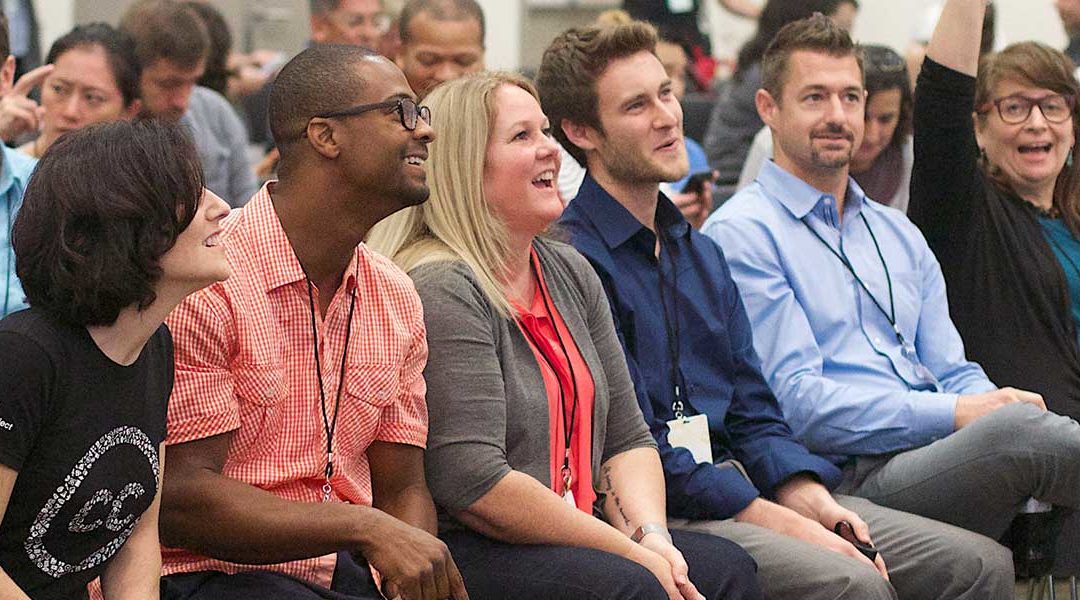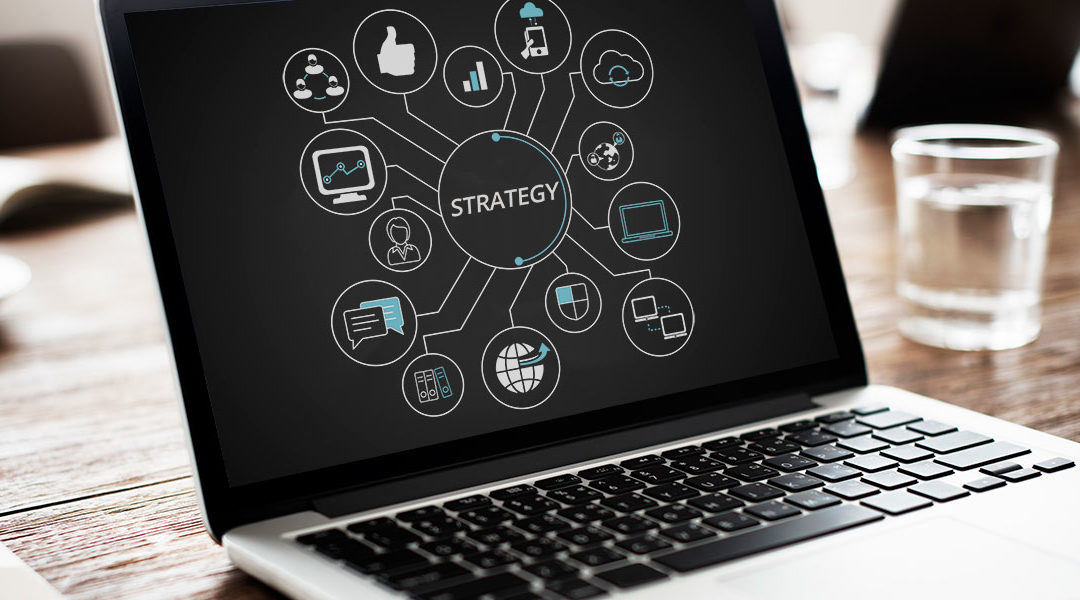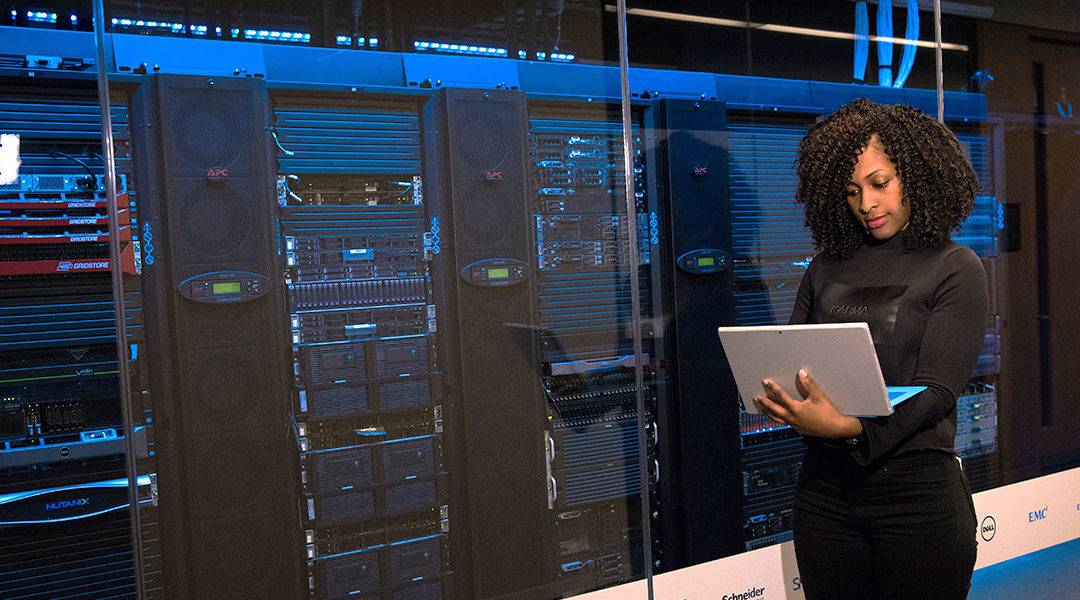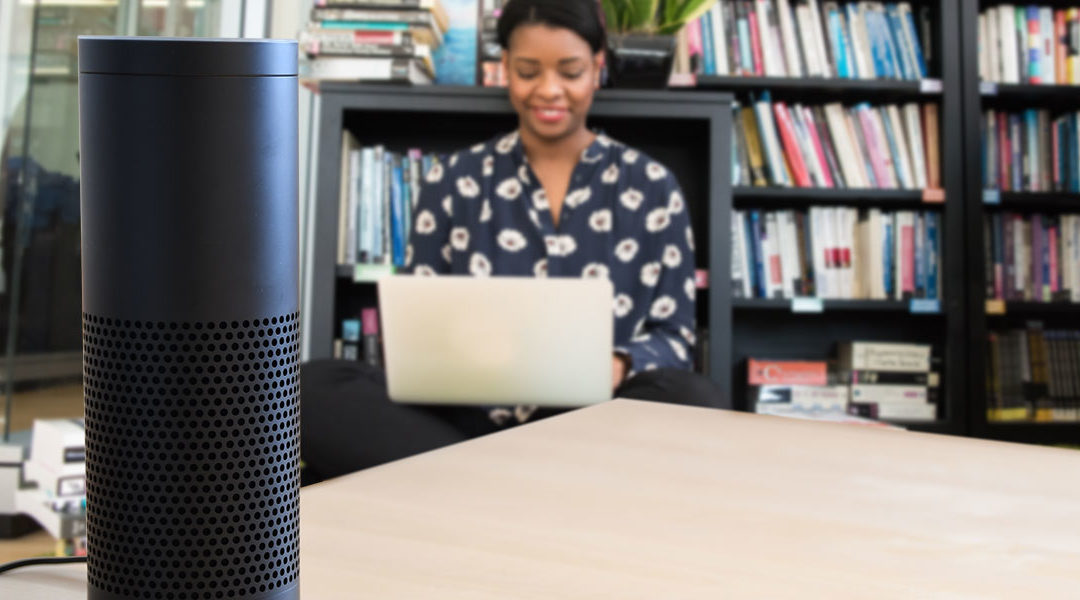
Knowledge Ecosystems and the Pivotal Role of the Special Librarian
Special librarians play a key role in knowledge ecosystems. Data professionals, information professionals, and knowledge workers are different.


Special librarians play a key role in knowledge ecosystems. Data professionals, information professionals, and knowledge workers are different.

Special librarians are organizational assets and provide unique competitive advantage; this includes diversity, inclusion, sustainability

Networking at conferences is intimidating, but tips from special librarian and consultant Stephen Abram, help you enjoy and learn from the experience.

Networking at conferences is intimidating, but tips from special librarian and consultant Stephen Abram help you enjoy and learn from the experience.

Stephen Abram ponders knowledge management and special librarians, with strategies that facilitate growth of ideas and better decision quality.
Consultant Stephen Abram outlines strategies for idea generation and decision quality, related to knowledge management and special librarians.

Stephen Abram offers expertise on special libraries and special librarians, including their various roles and significant organizational impact.

Skills for special librarians include learning from evaluative and non-evaluative personality type tests such as Myers-Briggs and The Predictive Index.

Special librarians should embed learning at the core of their practice, and develop a lifelong personal learning agenda.

The study and development of personas helps special librarians develop better products and services, and select the best integrated library systems.

Special library reference interviews cover digital resources, packaging and adding value to responses, and considering cost-value benefit(s).

Robots in libraries can provide a better research experience. Librarians should consider uses of artificial intelligence and robotics in special libraries.

Machine-based active listening in libraries can provide a better research experience. Artificial intelligence in special libraries.

Special librarians should consider the Internet of Things and Libraries: IoT will allow special library users to explore and consume content in different ways.

Special librarians can leverage social media trends to brand and market library products and services.

Machine-based learning in special libraries, e.g., harvest information from our databases and intranets and learn or predict our users’ behaviours.

Augmented Reality in Libraries: AR technology is relevant for special libraries and can be used absolutely free to enrich the end user’s experience.

Special librarians too often hide much of the true professional added value of their work. To mitigate that, I think the following activities will help librarians demonstrate value and impact.

Special librarians need client engagement strategies + skills to actively nurture relationships with end users.

Tech trends like artificial intelligence (AI) impact libraries, archives, museums and galleries, creating information experiences based on behavior.

Special librarians can leverage emerging technologies that go beyond automating transactions and adapt to human behaviours and “remembering”.

Special librarians must go beyond connecting users to information and influence knowledge creation and decision making by improving question quality.

Special librarians have many options for building influence in their organizations; Cialdini’s 6 principles of influence are a valuable reference.

Community Asset Mapping is a great tool for special librarians to use when examining potential partnerships, markets, audiences, and more.

Special librarians can use mind mapping or a four-box approach to begin and guide research, discovery, project and report creation and development.